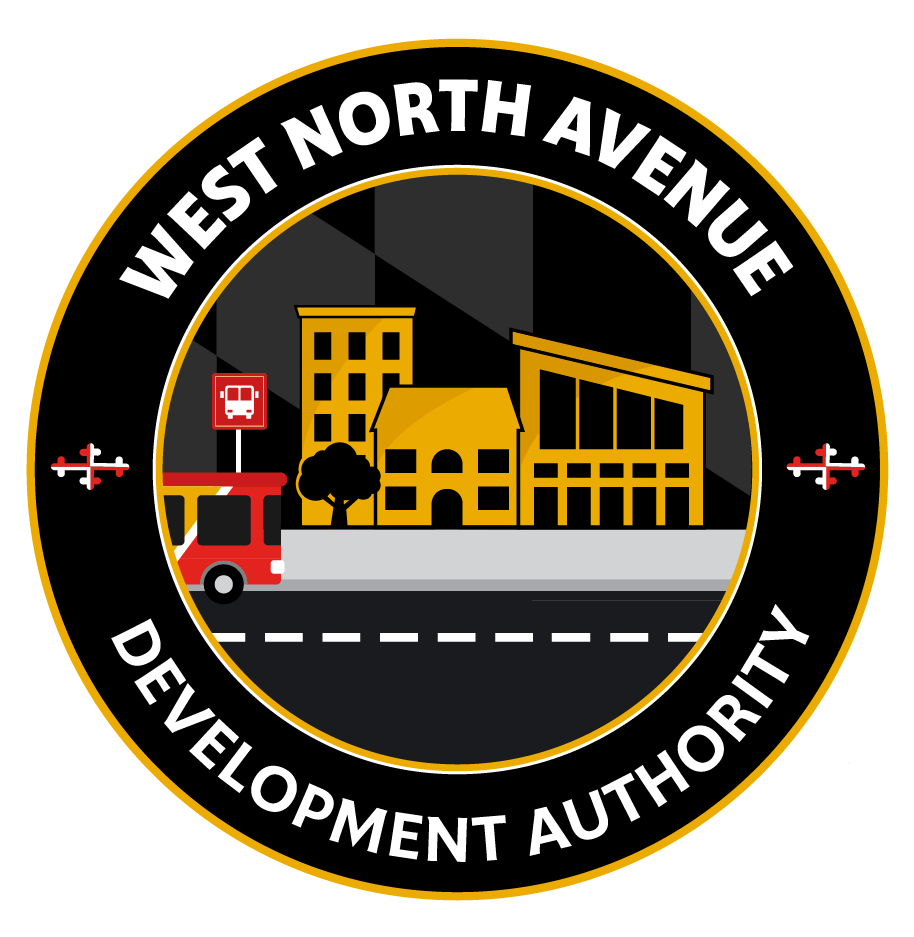PNC raises a $486M Opportunity Zones fund — and Baltimore is ripe for investment
Opportunity Zones are the craze right now and PNC Financial Services Group Inc. is trying to get in on the action.
PNC became one of the first financial firms to try and take advantage of the federal Opportunity Zones program. Laura Gamble, market president for Greater Maryland, said the Pittsburgh-based bank raised $486 million for a fund that closed during the summer. PNC will provide capital for projects in the zones as equity and loans.
PNC is the third-largest bank in Greater Baltimore with $7.7 billion in local deposits as of June 30, according to the Federal Deposit Insurance Corp.
The Opportunity Zones program, created as part of last year’s Tax Cuts and Jobs Act, provides federal tax incentives for investment in low-income communities. The U.S. Department of Treasury has identified 149 census tracts in Maryland as Opportunity Zones, including 42 in Baltimore City. Areas around Port Covington, Park Heights, Mondawmin and Morgan State University are included.
Investors can spend capital gains in the Opportunity Zones and the gains will be free of federal income taxes if investments are held for at least 10 years. PNC (NYSE: PNC) is the biggest shareholder of asset management giant BlackRock Inc. and has had significant returns.
“I’m not saying that’s what funded this but banks have gains and you look for ways to utilize it,” Gamble said. “There are so many opportunities in the places where we do business. If there are Opportunity Zones that have been designated, it just makes perfect sense.”
Opportunity Zones also match up well with PNC’s community development work, Gamble said.
Currently, there are a lot of question marks because the Treasury Department has not issued its final guidance on the legislation, including providing a timeline for how quickly capital has to be deployed.
The IRS issued the first guidance on Oct. 19. Benjamin Seigel, the new Opportunity Zone coordinator for Baltimore City discussed the guidance with the Baltimore Development Corp. board on Oct. 25. He said investors will be able to place funds in an Opportunity Zone account for up to 31 months without being required to pay capital gains.
Gamble said there are “shovel-ready projects” in the queue in Baltimore, so the bank is ready to act. A big question for the bank, however, is whether regulators will declare activity in Opportunity Zones as eligible under the Community Reinvestment Act. The federal law, passed in 1977, ensures banks establish branches and make loans in poor communities.
“I can see where it would make sense,” Gamble said. “A lot of the Opportunity Zones are clearly in low to moderate income census tracts. A bank’s ability to invest in those projects should be considered. It’s good for the community either way.”
The Treasury Department is expected to release its final guidance by the end of the year.
PNC could potentially do another fund, Gamble said.



